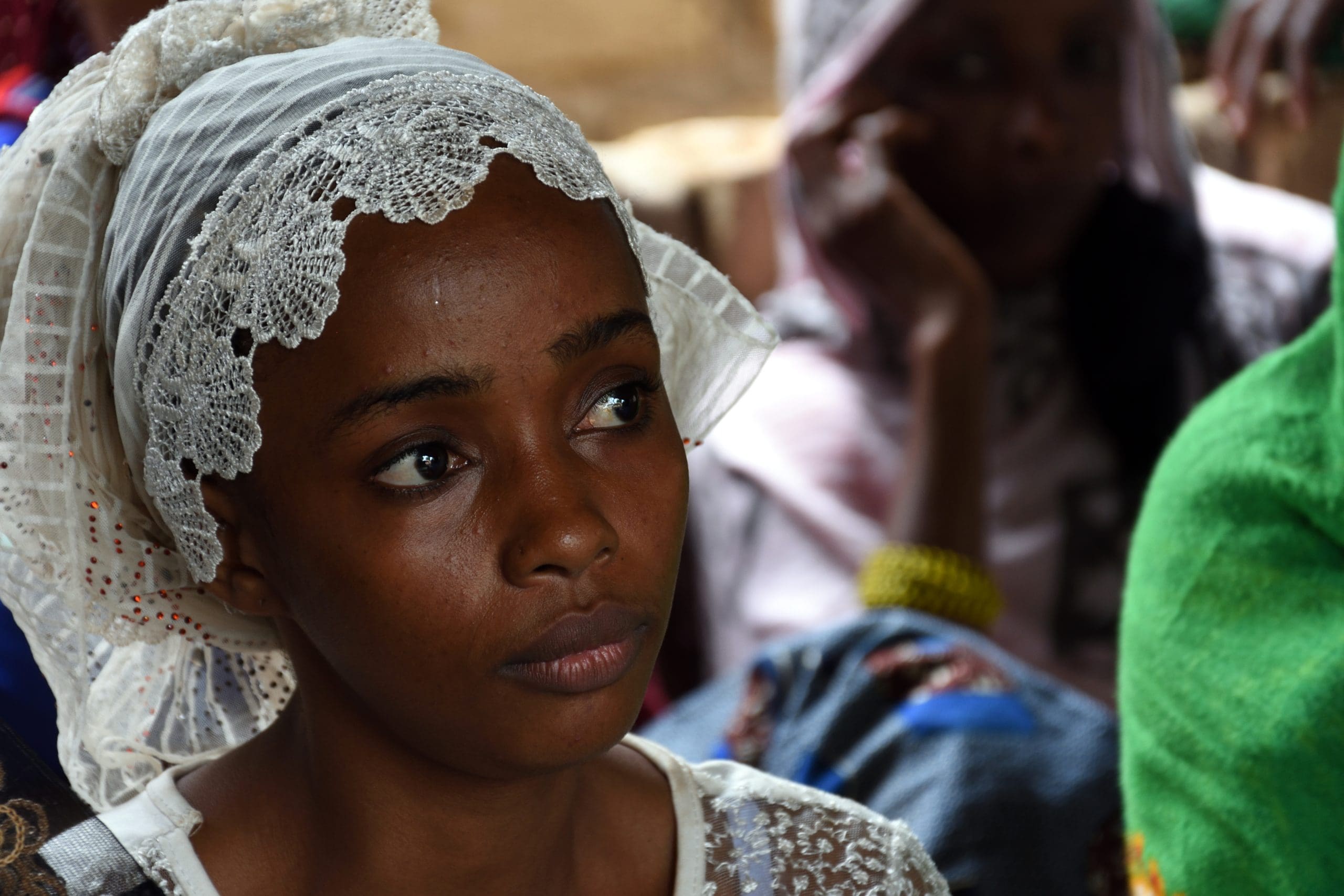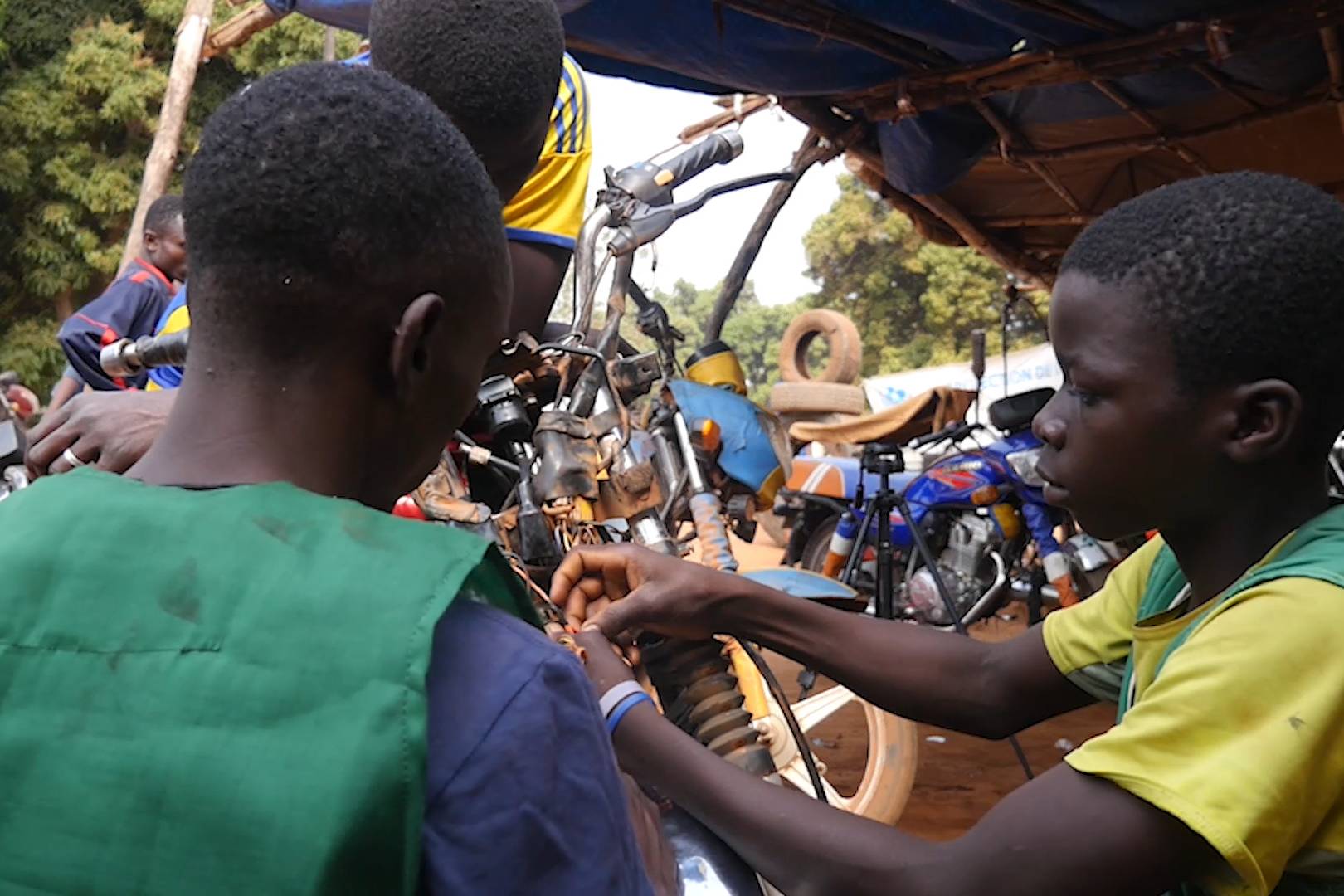Central African Republic


2014
First intervention
295.000
People reached
14
Projects
3.105.786€
Budget spent
Context
Since the start of the conflict, in 2013, the Central African Republic has been marked by cycles of intense violence. Violence against civilians and the effects of climate change continue to cause displacement, with over 511,000 Internally Displaced Persons recorded as of December 2023.
Lack of access to basic socio-economic infrastructure and economic opportunities forces displaced people and host communities to adopt negative coping mechanisms to meet their needs, making them more vulnerable to exploitation and abuse, including widespread gender-based violence. Instability on the borders with Chad, Sudan and South Sudan, which are the main supply routes for the supply of basic commodities to more remote areas, has a major impact on the local economy, which is also affected by high rates of inflation.
INTERSOS’ intervention
In 2023, INTERSOS’ team set up safe spaces, where women and girls can freely discuss their concerns without fear of reprisals, take part in psychosocial and learning activities as well as group counselling and functional literacy, and benefit from case management services.
We also provided psychosocial support and case management to survivors of gender-based violence or sexual exploitation and abuse, through fixed and mobile listening centres. Vulnerable women and girls received cash assistance to cover the cost of transportation to health and legal services as well as accommodation during the care period.
INTERSOS built water points, latrines and hand-washing facilities. Additionally, we organised awareness sessions on the importance of hygiene, the use of sanitary facilities and the link with water-borne diseases. Pregnant and lactating women attended awareness sessions on deworming, food combinations, preparation of fortified meals based on local food, hygiene rules and malaria prevention.
Finally, we carried out Camp Management and Camp Coordination activities, in Haute Kotto e Ouaka, distributing Non-Food-Items and Shelter Kits to IDPs, monitoring population movements in the sites through a registration system, and setting up management committees, which play an essential role in the overall stability of the site, guaranteeing well-being and social cohesion.












